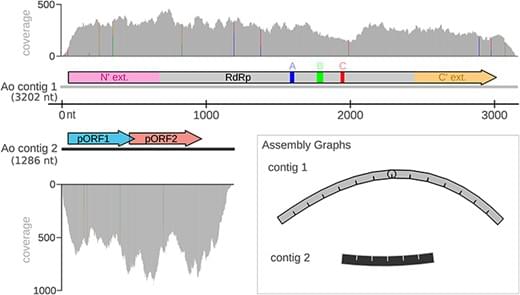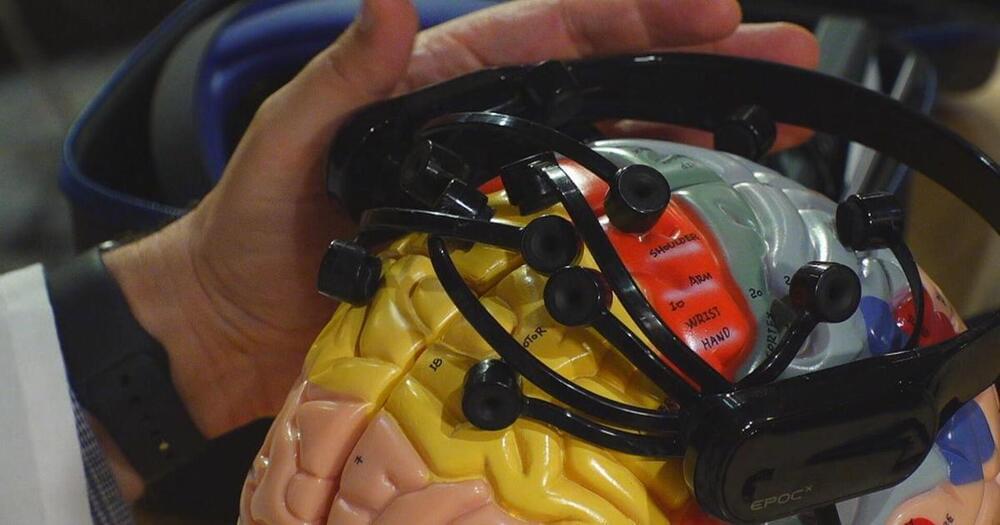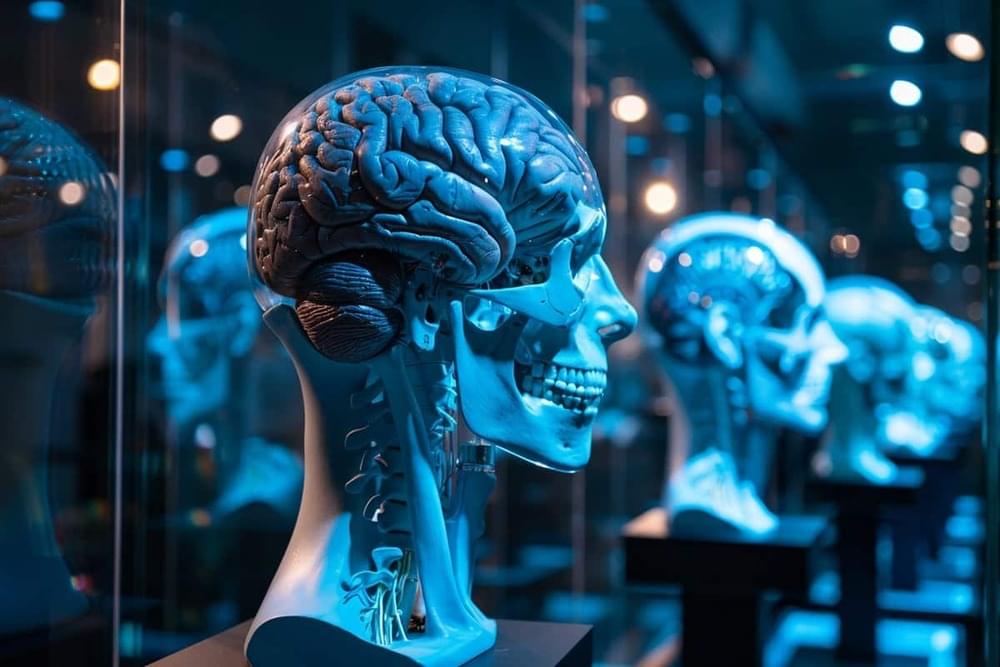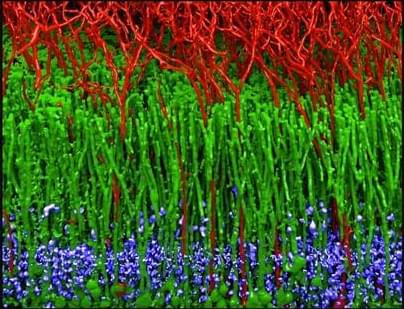Second Sight’s Orion system bypasses the eyes to bring artificial vision directly to the brain. Working prototypes are being tested right now in six blind individuals.
#WhatTheFuture #ArtificialVision #MedicalTech.
CNET playlists: / cnettv.
Download the new CNET app: https://cnet.app.link/GWuXq8ExzG
Like us on Facebook: / cnet.
Follow us on Twitter: / cnet.
Follow us on Instagram: http://bit.ly/2icCYYm







